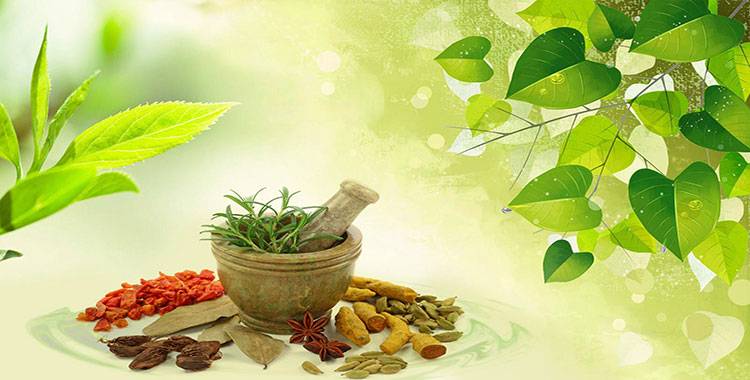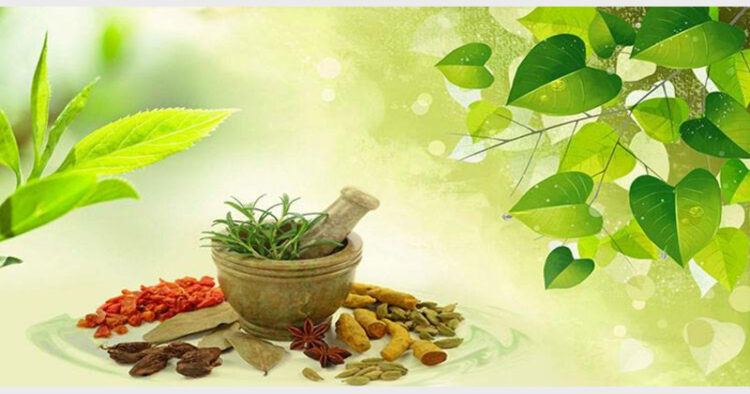????????? ????????? ??????, ??????? ????? ???????? (??? ?????? ????? ?????) svasthasya sv?sthya rak?a?a?, ?turasya vik?ra pra?amana?? Ayurveda Shastra aims at keeping a healthy person healthy and managing or curing diseases (mind, body or both) that manifest in a person” – Caraka Sa?hita S?tra 30?26

The antipathy of allopathic practitioners towards the traditional medicinal practices, especially Ayurveda, is shocking and perturbing. The recent move of the Central Council of Indian Medicine (CCIM) to authorise Ayurveda practitioners to be trained in specific general surgical procedures was opposed by the Indian Medical Association (IMA) dramatically. Earlier, the same IMA protested against the Ayurvedic protocols declared by the Ayush Ministry for treating Covid 19. Why are the practitioners of allopathy so antithetical to this integrationist approach to healthcare? The answer is not simple, but this question can pose pertinent points to ponder over the concept of ‘holistic wellness’.
While reacting to Covid19 Ayurvedic protocols, IMA used the derogatory language of “inflicting a fraud on the nation and gullible patients by calling placebos as drugs”. The CCIM notification authorising post-graduate Ayurveda practitioners for surgical procedures is also termed as “khichadification”, in turn targeting the approach integrationist approach advocated in the National Education policy. Is this a sign of confidence on their ‘pathy’ or frustration about the other pathies, in this case, Ayurveda, getting more significant approval among masses?
Is this association of doctors bothered about their monopoly over the healthcare system? Or they are just parroting the language of Multinational Pharmaceutical Companies. Where is the concern for people and service in their approach? The entire world is accepting the Ayurvedic and Yogic practices as therapies in combination with modern medicinal practices. The countries like China are putting their best foot forward to promote their traditional medicine globally. Why this nervousness and aggression against Ayurveda by the IMA in Bharat? When IMA certifies from toothpaste to other cosmetic products, is it not ‘Khichadification’ and ‘inflicting fraud’ on gullible customers? If you do not internalise the philosophy of your prayer, just by saying ‘May everybody be healthy’ and ‘May we be the healing cure’, one does not become the real healer.
The problem lies in the mindset of IMA and their piecemeal approach towards healthcare. The IMA is confined only to the practitioners of modern medicinal system, essentially rooted in the Western method of compartmentalising knowledge. It does not even recognise the practitioner of any other ‘pathy’ as medical professionals. Why ‘we’ versus ‘they’ approach in a noble profession like health services? The science of Ayurveda is an ancient and holistic system of our land; hence people trust and follow that both as a preventive and curing system.
Of course, modern medicine that has made advances in testing and curing diseases which is a glorious chapter in human history. To prove its greatness, modern medicine need not reject the essence and insights provided by the traditional and national medicinal systems. At the preventive level and even at the minor symptom stage, specific Ayurvedic protocols have proved themselves with the scientific, evidence-based parameters. The All India Institute of Ayurveda has demonstrated the same even in the case of Covid 19 treatment. What is the harm in learning from them and integrating with the allopathic protocols? If the IMA is so purist in its healthcare approach, then they first will have to throw away their surgical instruments that find first documented mention in the Sushruta Samhita. That will neither be good for modern medicine nor for our healthcare system.
@PrafullaKetkar














Comments